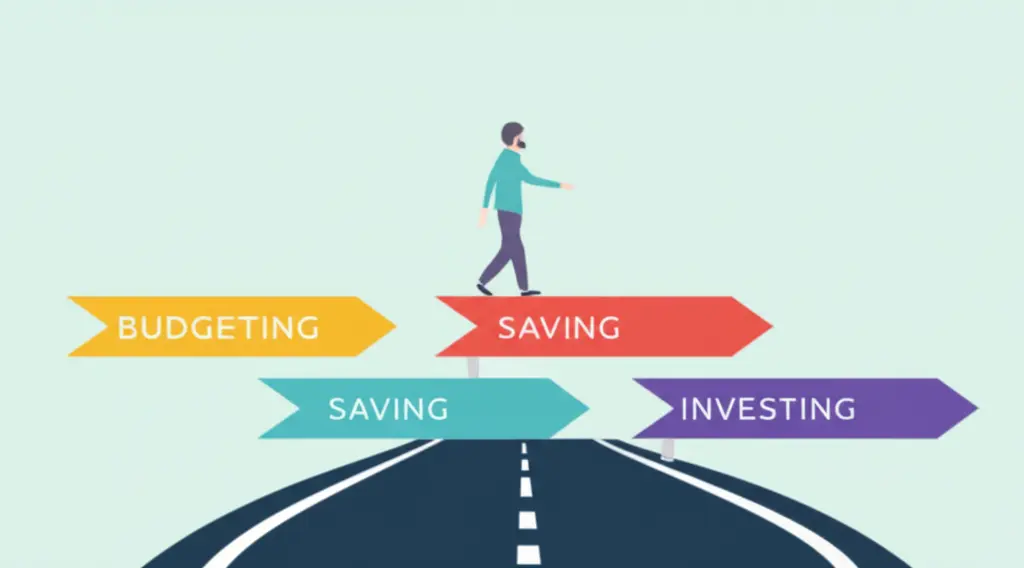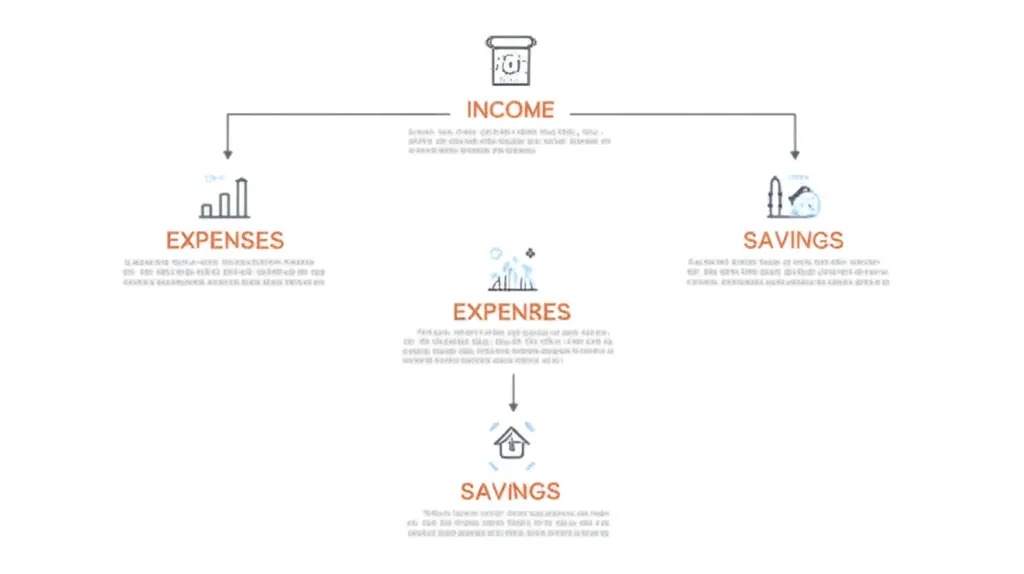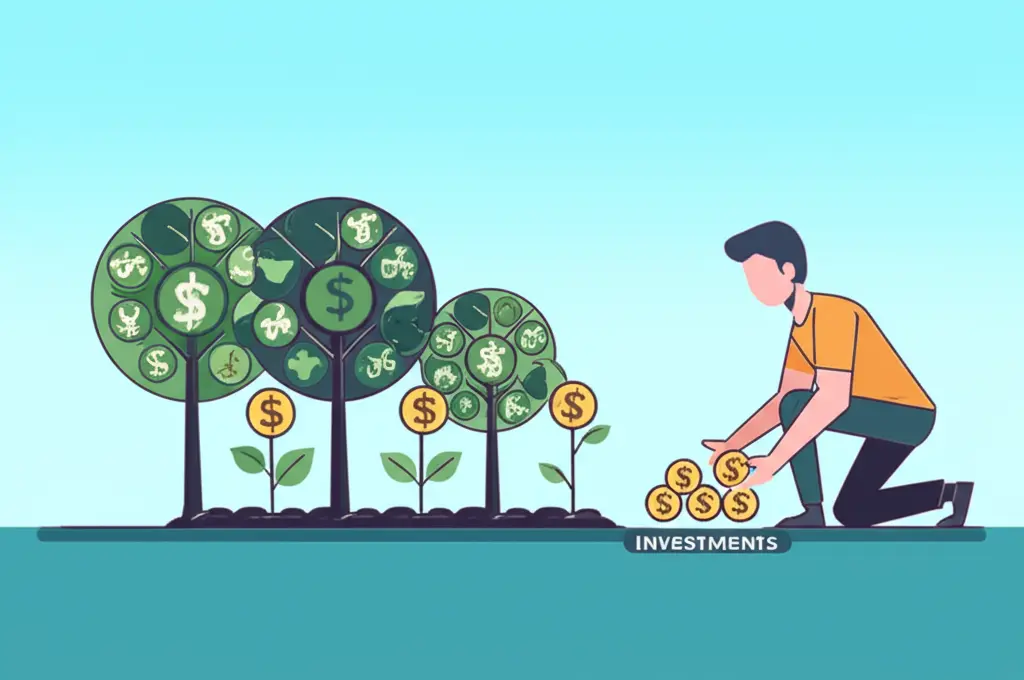Mastering Personal Finance: Your Roadmap to Financial Freedom
Discover practical tips to manage your money and achieve financial freedom with ease.

Hey there! If navigating the world of personal finance feels a bit like trying to find your way through an unfamiliar city without GPS, you’re not alone. The good news is, with a little guidance, you can turn that confusing map into a well-lit path toward financial freedom.
Getting Started with Budgeting
Budgeting might sound like one of those chores you keep putting off, like reorganizing the attic. But trust me, it’s the foundation for all things money-related. Think of a budget as the blueprint for your financial house. Create a basic budget by listing your monthly income and expenses. There are many methods, like the 50/30/20 rule, where 50% goes to needs, 30% to wants, and 20% to savings.

If you're wondering how to stick to a budget, apps like YNAB or Mint can help keep track of your spending and saving!

The Importance of Saving
Once your budget is in place, it’s time to start saving. An emergency fund can be a lifesaver, literally. Aim to save 3-6 months' worth of living expenses. It might seem challenging, but start small, and automate your savings if you can.
Tips to Boost Your Savings:
- Set specific goals - Whether saving for a summer trip or a new gadget, having a goal helps keep you motivated.
- Cut unnecessary expenses - Look at your expenses and see where you can trim the fat.
- Bonuses and raises - Consider saving these financial windfalls instead of spending them.
Smart Investing
Now, let’s talk about investing, an area that often seems more intimidating than it needs to be. Start by figuring out your investment goals. Are you investing for retirement, a home, or something else?
For beginners, contributing to a 401(k) or an Individual Retirement Account (IRA) can be an excellent start. If your employer offers a match on your 401(k), contribute enough to get the match, as it's effectively free money.

Consider diversifying your portfolio with a mix of stocks, bonds, and mutual funds. If you're unsure where to start, platforms like Betterment or Wealthfront offer robo-advisory services to help you form a diversified investment strategy.
Final Thoughts
Tackling personal finance doesn’t need to be overwhelming. Break it down into manageable steps, starting with budgeting, saving, and then investing. Remember, it’s a journey. Whether you’re just beginning or looking to refine your strategy, these steps can empower you to take control of your financial future. What's your biggest financial goal right now, and what’s your next step toward achieving it?




